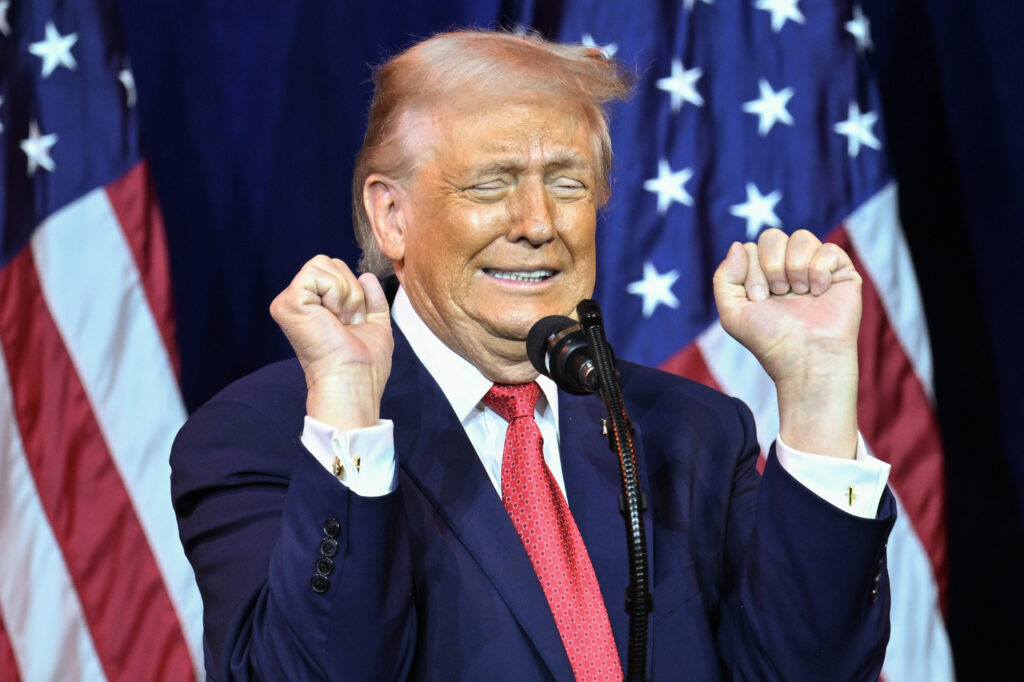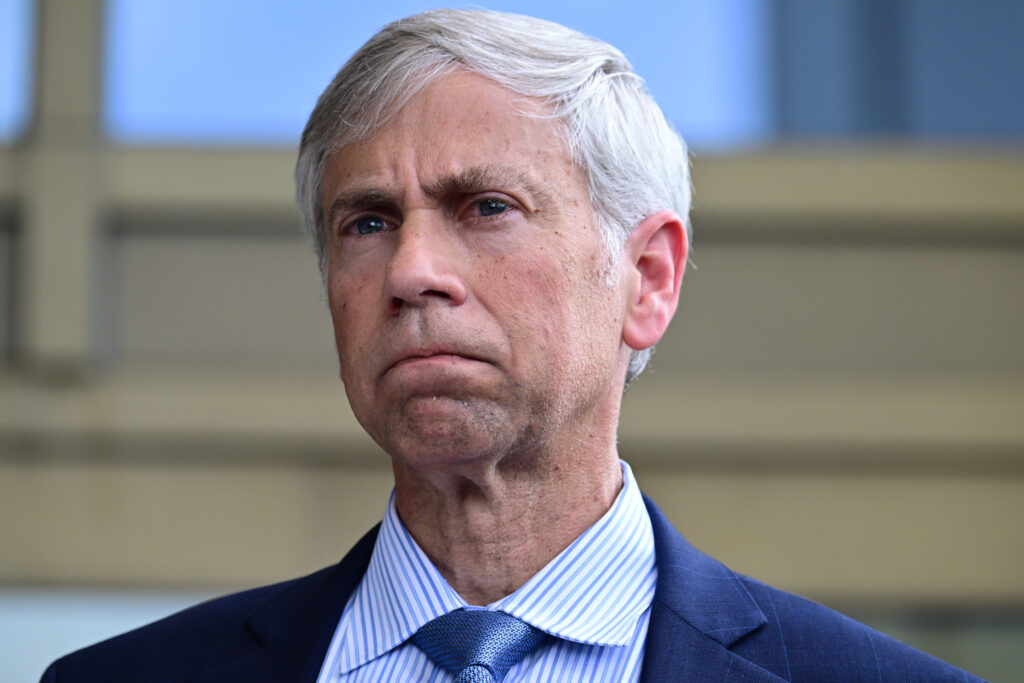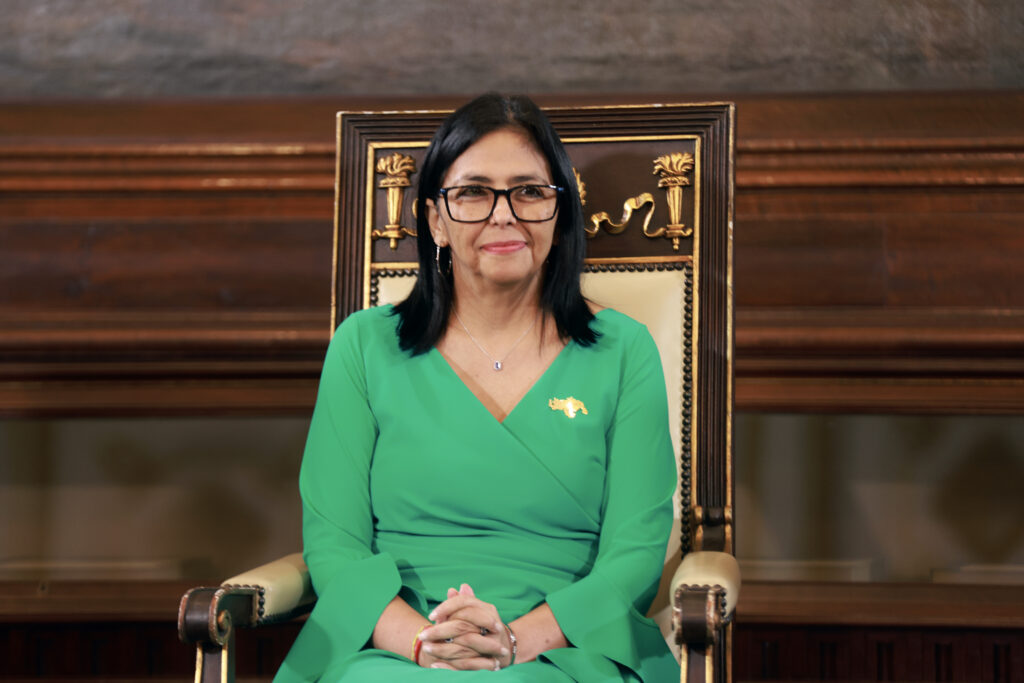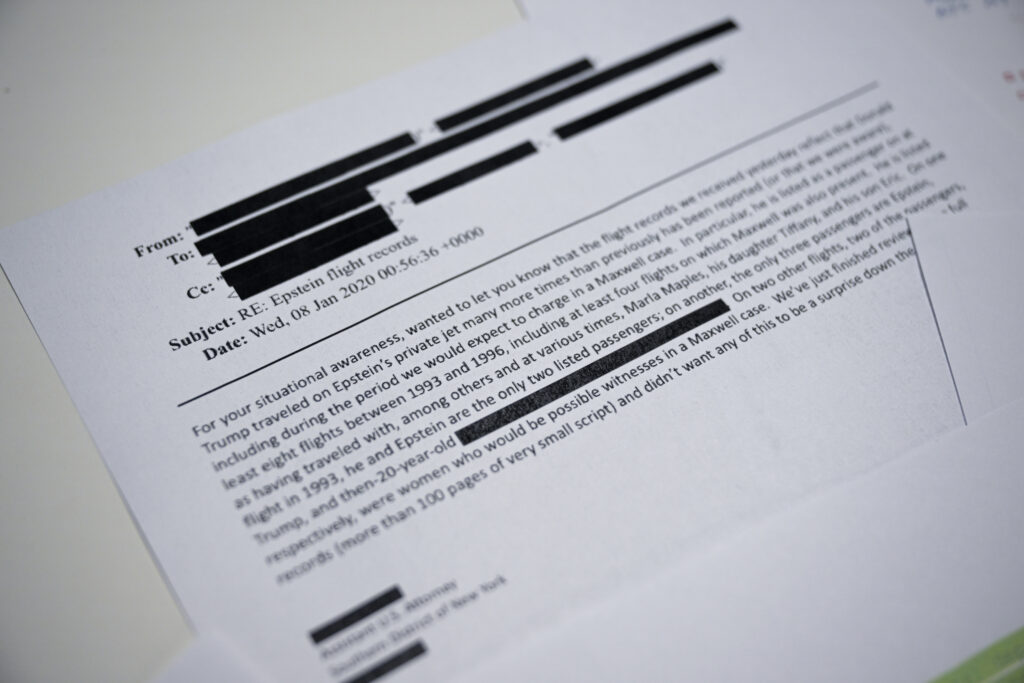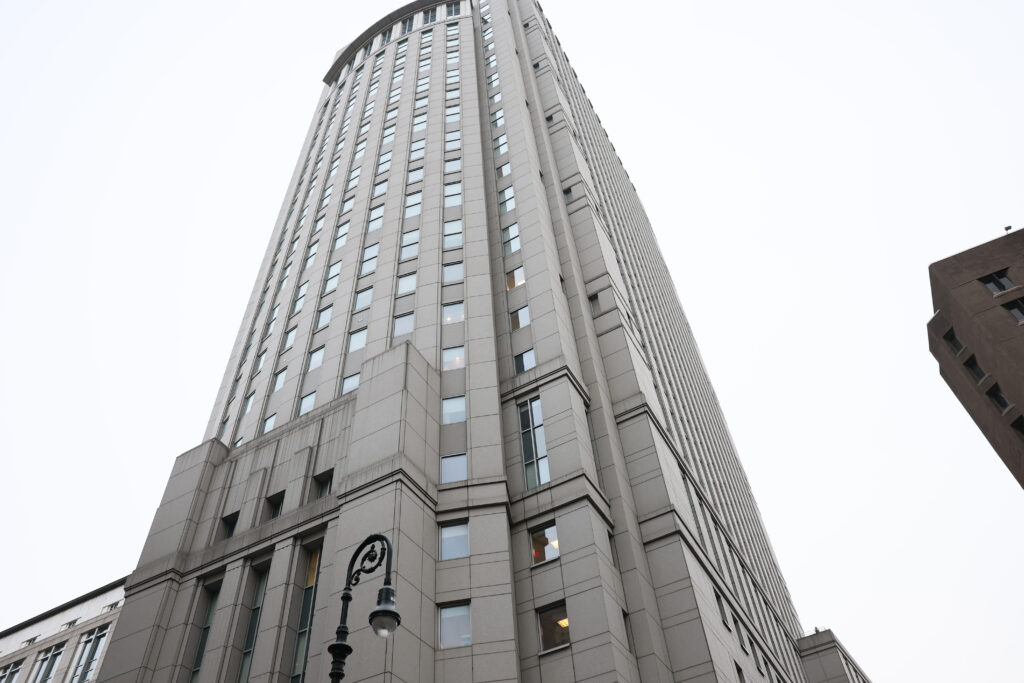Maduro copied my dance — but Melania hates it, says Trump
US President Donald Trump on Tuesday accused Nicolas Maduro of imitating his dancing, among other crimes, as he celebrated the capture of the Venezuelan leader in a freewheeling speech to Republican lawmakers.Trump’s comments come after a New York Times report that Maduro’s regular public dancing in defiance of US threats convinced White House officials that it was time to act.”He gets up there and he tries to imitate my dance a little bit,” Trump told lawmakers at the Kennedy arts center in Washington — which was recently renamed the Trump-Kennedy Center by his handpicked board.”But he’s a violent guy, and he’s killed millions of people. He’s tortured. They have a torture chamber in the middle of Caracas that they’re closing up.” Trump did not give further details about the alleged torture chamber, or elaborate on his so-far vague plans for the United States to “run” oil-rich Venezuela following the fall of Maduro.Leftist Maduro regularly appeared on stage dancing to a techno remix of his mantra “No War, Yes Peace” as US forces massed in the Caribbean in late 2025. Trump is known for dancing to the disco song “Y.M.C.A.” at his rallies.But while Trump hailed the “brilliant” US special forces raid that seized Maduro and his wife on Saturday, most of the speech was about firing the starting gun on the crucial 2026 US midterms.The 79-year-old returned to the theme of his dancing, and other moves, as he ran through a list of his policy priorities ahead of November’s crucial election to decide who holds Congress.- ‘So unpresidential’ – While discussing his administration’s banning of transgender women from women’s and girls’ sports, Trump performed an exaggerated imitation of what he said was a trans weightlifter.”My wife hates when I do this,” Trump said. “She said, ‘it’s so unpresidential.'”Trump added that “she hates it when I dance,” adding: “Could you imagine FDR dancing?”President Franklin D. Roosevelt, who was in office from 1933 until 1945, was paralyzed from the waist down by polio in 1921.Trump also referred to the fact that his speech was on the fifth anniversary of the US Capitol attack by supporters irate at what he still falsely calls his “rigged” election loss to Joe Biden in 2020.He was impeached for the second time over the riot — and warned Republicans that the same thing could happen if they do not win this year’s midterm elections.”You got to win the midterms, because if we don’t win… I mean, they’ll find a reason to impeach me,” he said, referring to rival Democrats.Trump pardoned nearly 1,600 January 6 rioters on his first day back in office on January 20, 2025.With the parties of incumbent presidents often taking a beating in midterms, Trump urged Republicans to focus on issues like healthcare and the cost of living.Polls have shown US voters are still concerned about the affordability of basic goods, despite Trump’s claims that the economy is doing well.”I wish you could explain to me what the hell’s going on with the mind of the public. Because we have the right policy,” Trump told the Republican lawmakers.
